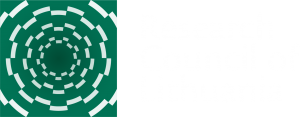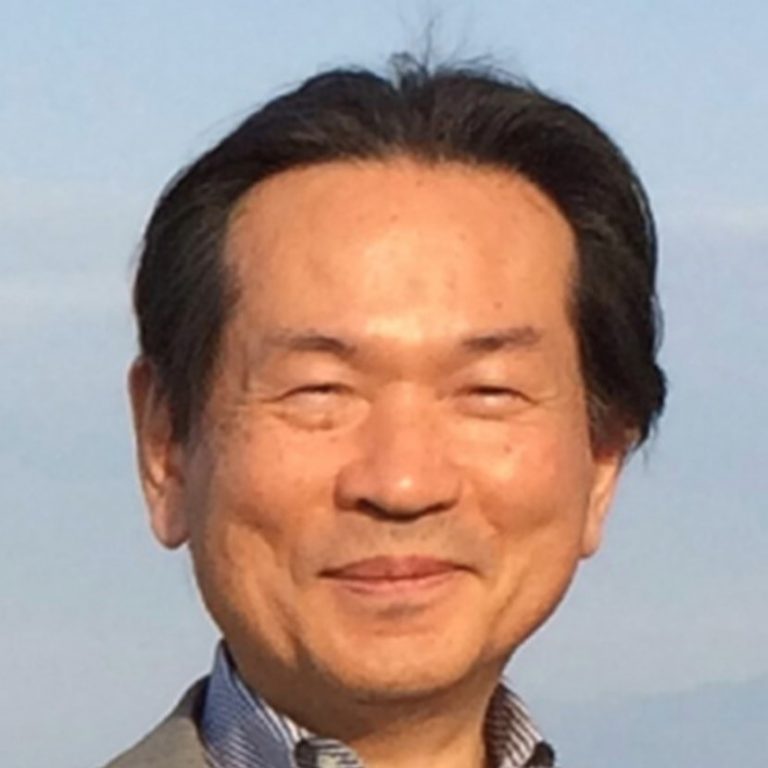Center for Animal Disease Models, Research Institute for Biomedical Sciences,
Tokyo University of Science, Chiba, Japan.
Innate immune receptors are important for the host defense against infection. However, recently it becomes evident that these receptors play versatile roles in the immune system. Dectin-1 (gene symbol: Clec7a), one of innate immune receptors of the C-type lectin receptor family, is a receptor for 1, 3-b-glucans and plays an important role for the host defense against fungal infection. Because b-glucans are contained in various foods such as mushrooms and yeasts and Dectin-1 is expressed on dendritic cells (DCs) in the intestine, we examined the effect of Dectin-1 deficiency on the intestinal immune system. We found that Clec7a–/– mice are resistant against Dextran Sodium Sulfate (DSS)-induced colitis and CD25–CD45RBhighCD4+ T cell-induced colitis due to over expansion of Treg cells. Treg cell expansion was caused by the action of Lactobacillus murinus (L. murinus), which population was expanded in Clec7a–/– mouse colon accompanied by a decrease of a group of antimicrobial peptides that can suppress L. murinus growth. Consistent with this, oral administration of laminarin, a Dectin-1 antagonist, suppressed the development of DSS-colitis. Furthermore, we found that IL-17F mediates Dectin-1-induced anti-microbial protein production and controls intestinal microbiota. Il17f–/– mice, but not Il17a–/– mice, were resistant against DSS-induced-colitis due to expansion of Clostridium cluster XIVa and L. murinus, which can induce Treg in the intestine. An antibody against IL-17F suppressed development of colitis, but antibody against IL-17A did not. These observations suggest that the Dectin-1-IL-17F axis is important for the homeostasis of intestinal immunity and is a promising target for the treatment of colitis.
- Saijo, S. et al., Nature Immunol., 8, 39-46 (2007).
- Ishigame, H. et al., Immunity, 30, 108-119 (2009).
- Tang, C. et al., Cell Host & Microbe, 18, 183-97 (2015).
- Kamiya, T. et al., Mucosal Immunol., 11, 763-773 (2018).
- Tang, C. et al., Nat. Immunol., 19, 755-765 (2018).
- Tang, C. et al., J. Leukoc. Biol., 106, 903-917 (2019).
Yoichiro Iwakura: Graduated School of Science, Kyoto University: 1970-1974. Doctor of Science: 1976. Research associate of the Department of Cellular Virology, Institute for Virus Research, Kyoto University: 1974-1985. Associate researcher, Laboratory of Dr. Dorothea Bennett, Sloan-Kettering Institute for Cancer Research, New York, U. S. A: 1998-1980. Associate professor, Department of Viral Infection, Institute of Medical Science, University of Tokyo (IMSUT): 1985-1992. Professor and director, Laboratory Animal Research Center, IMSUT: 1992-1998. Professor and director, Center for Experimental Medicine, IMSUT: 1998-2012. Member of the Science Council: 2011-2017. Emeritus Professor, University of Tokyo: 2012. Professor, Research Institute for Biomedical Sciences, Tokyo University of Science (TUS): 2012-present. Director, Center for Animal Disease Models, Research Institute for Science and Technology, TUS: 2013-present. Award from the Japan College of Rheumatology: 2009. Ando-Tazima Prize from the Japanese Association for Laboratory Animal Science: 2012. The Hideyo Noguchi Memorial Award for Medical Sciences: 2015. Highly Cited Researchers, Thomson Reuters and Clarivate Analytics: 2014-2019.



